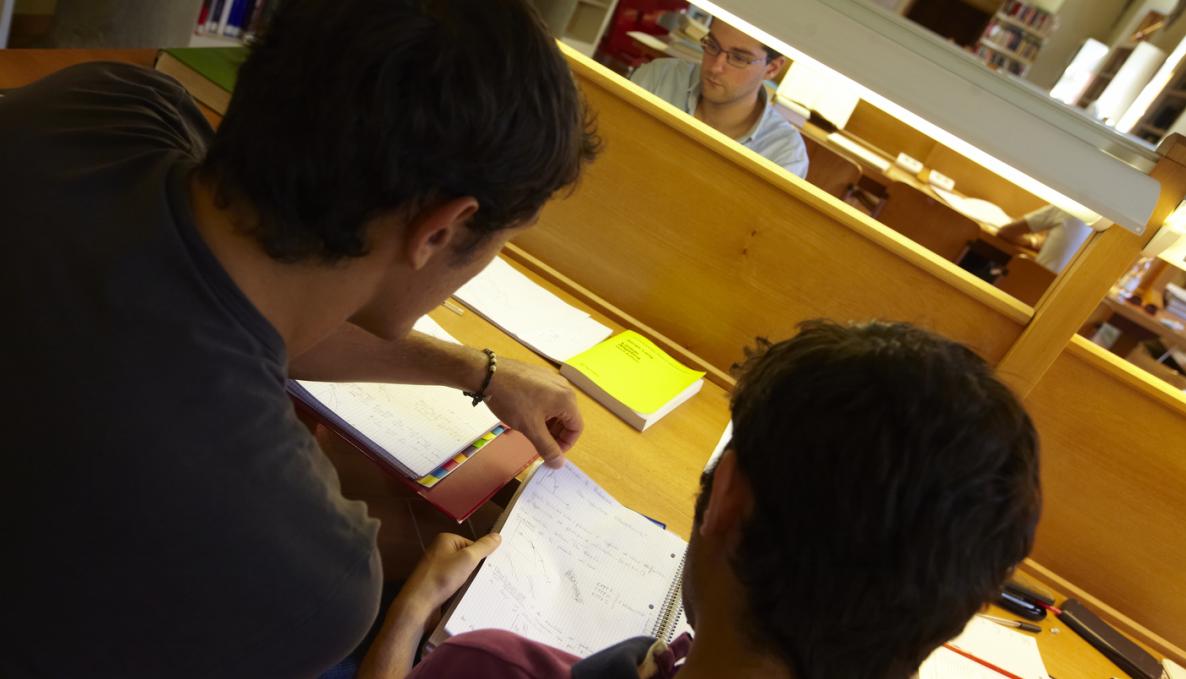INTERNATIONAL SECURITY: A NEW JOINT MASTER’S DEGREE WITH THE UNIVERSITY OF TRENTO, 25 PLACES AVAILABLE, CLASSES TAUGHT IN ENGLISH FROM OCTOBER 2016

A professional course, taught in English, for 25 young people holding a bachelor's degree and who wish to gain a thorough understanding of international security issues, together with the theoretical and practical tools to avoid risks and deal with crisis situations. These are the main topics of the master course in International Security Studies promoted by the School of International Studies of University of Trento in partnership with Sant'Anna School Dirpolis Institute (Law, Politics and Development). The Joint Master of Science was introduced today in Pisa during the seminar organized by Professor Andrea de Guttry, director of Dirpolis Institute (Law, Politics and Development), which addressed the issue of academic research in high-risk areas, in terms of the security and the responsibilities of researchers working in conflict zones, and, the “foreign fighters” phenomenon.
The Joint Master of Science (LM-52 class, International Relations) in International Security will start in autumn 2016. The program includes the first-year courses to be held at Sant'Anna School in Pisa, and second-year courses at University of Trento in addition to a period of study or internship abroad. Faculty members have been selected for their work in disciplinary areas including economics, law, international relations and political science, history and sociology. Barbara Henry of Sant'Anna School and Marco Pertile of University of Trento were appointed as co-directors.
First-year courses aim to provide students with a comprehensive and multidisciplinary overview on issues related to security that can include an understanding of the theoretical tools together with a practical analysis of technological, social and environmental emerging issues in the world of international relations.
Second-year courses are devoted to the five main challenges to the contemporary international context with reference to the implications of security in international relations especially in the field of migration, energy, environmental and economic impact. Second-year program is structured to allow a large number of students to spend a period of study or internships abroad. On the whole, the model of teaching is based on a learning method which involves the use of simulations and role play in a way that encourages students oral and written production and to improve their decision-making skills.
As to career opportunities and job placement, promoters think primarily about international and European organizations which are appointed to ensure security (physical and environmental security, food safety, also related to emerging technologies, to peacekeeping, to migration management). Graduates will have good chances to get a job in the multinational companies that need to identify geopolitical and economic risks affecting potential new markets for the companies that provide consulting services to non-profit organizations, media, banks, energy companies, oil and gas companies, mining corporations, insurance companies, shipping firms.
The program promoters are aware they have been able to answer specific questions, to fill skills and training gaps: "In the fairly varied landscape of different types of degrees in international relations – as explained by Barbara Henry in Pisa during the seminar– this is the only degree program that concentrate on issues related to international security. If compared to the educational opportunities available in Italy and Europe, this program provides an adequate level of specialization to attract and train a wide audience on an issue of great importance ".



